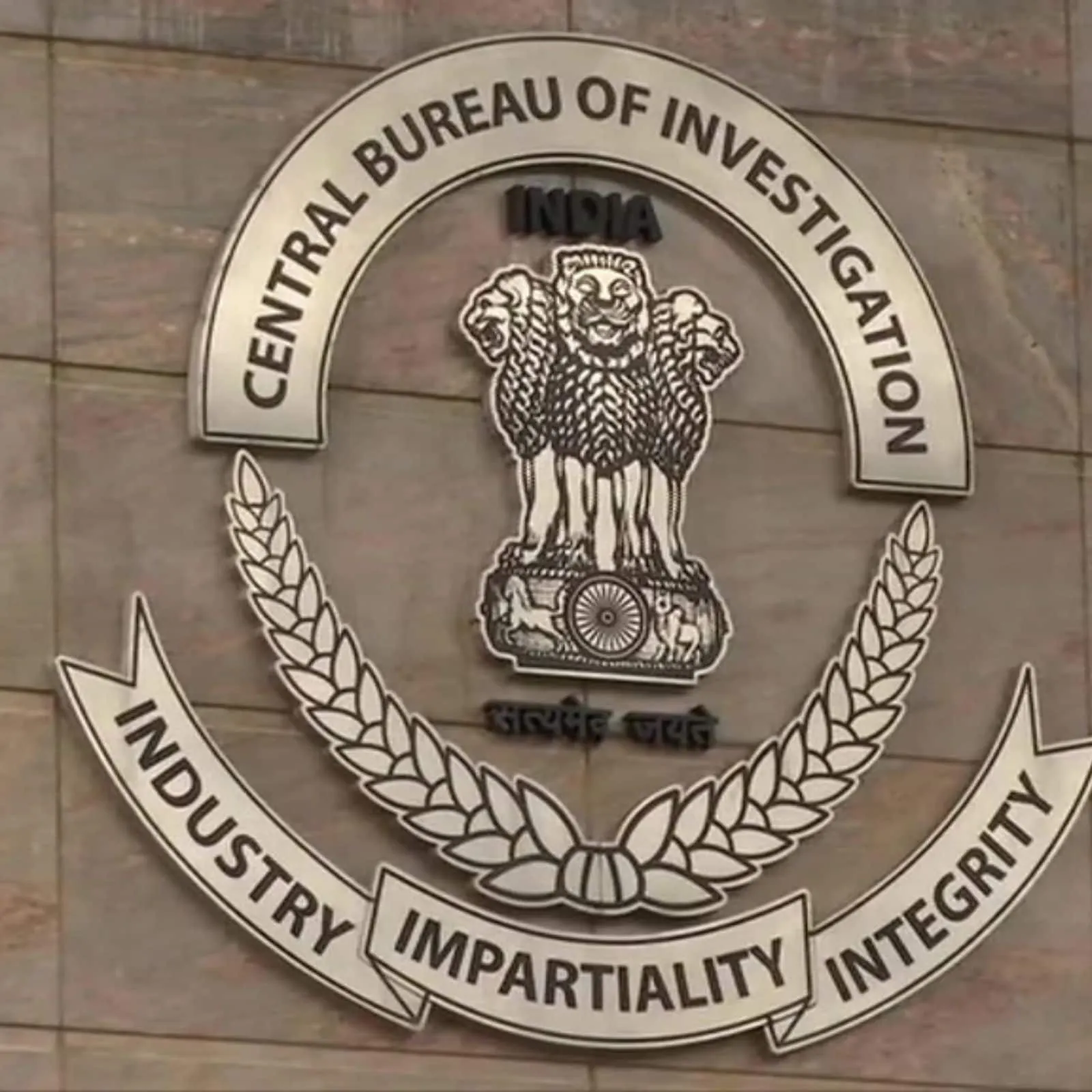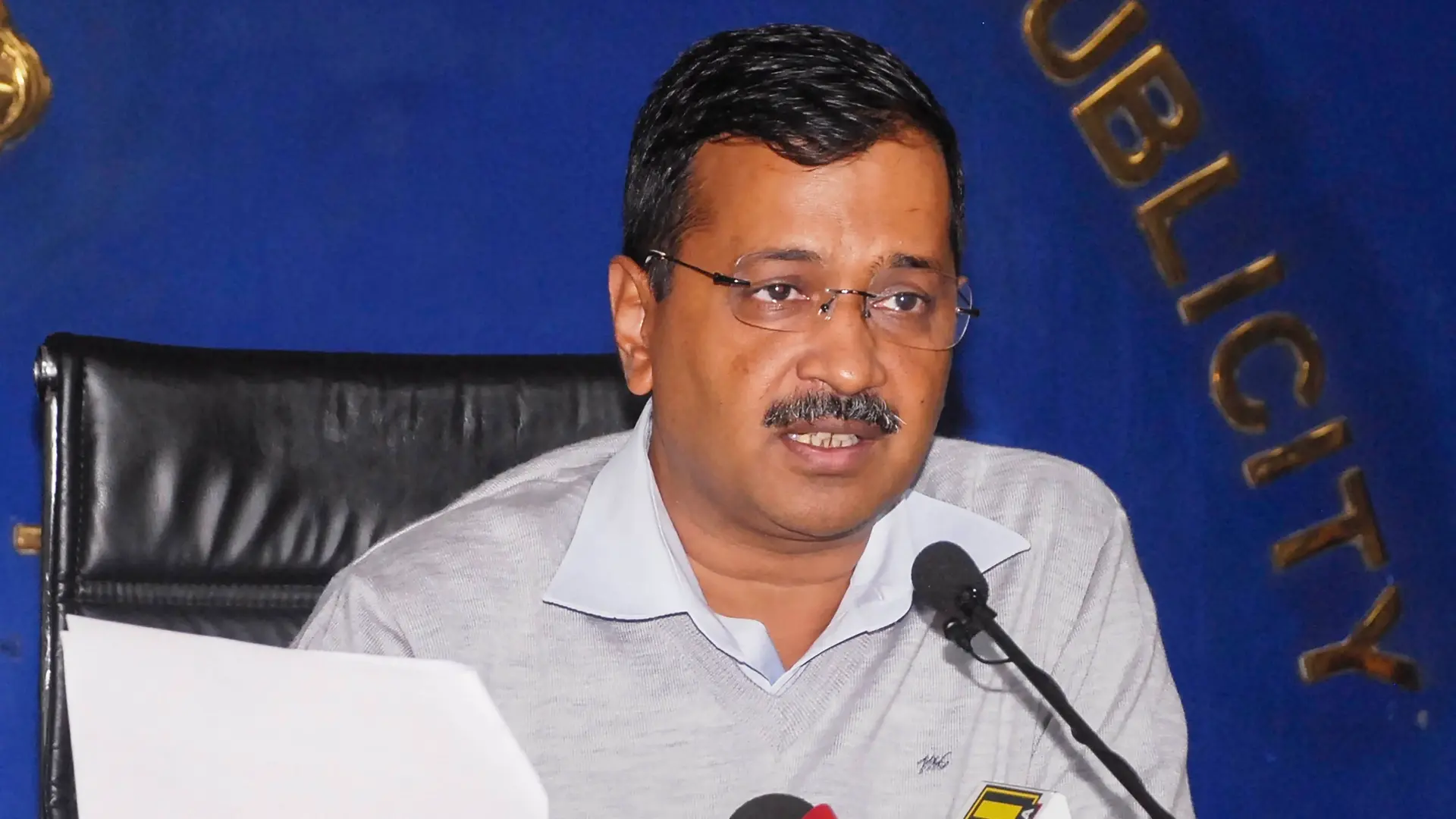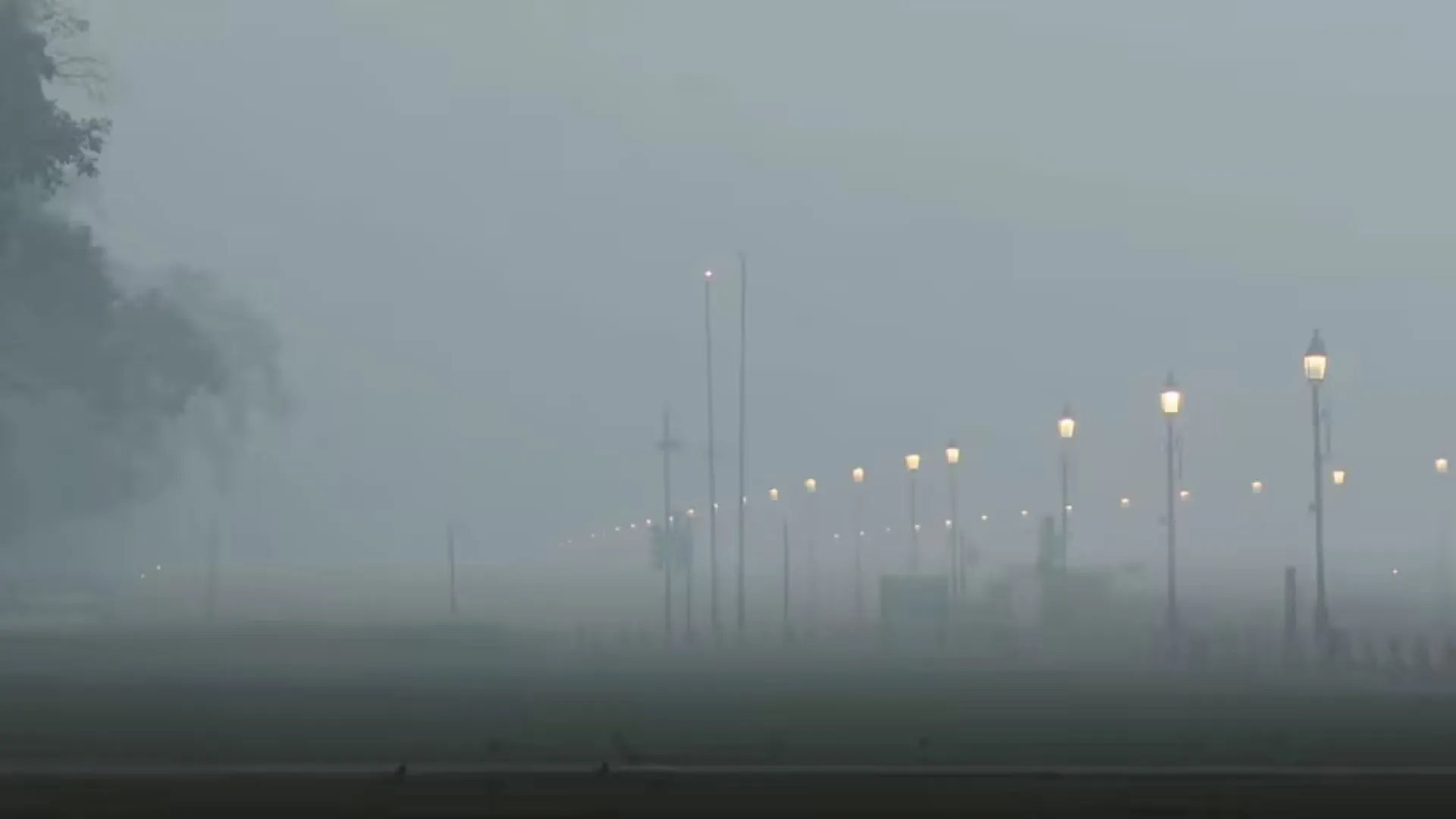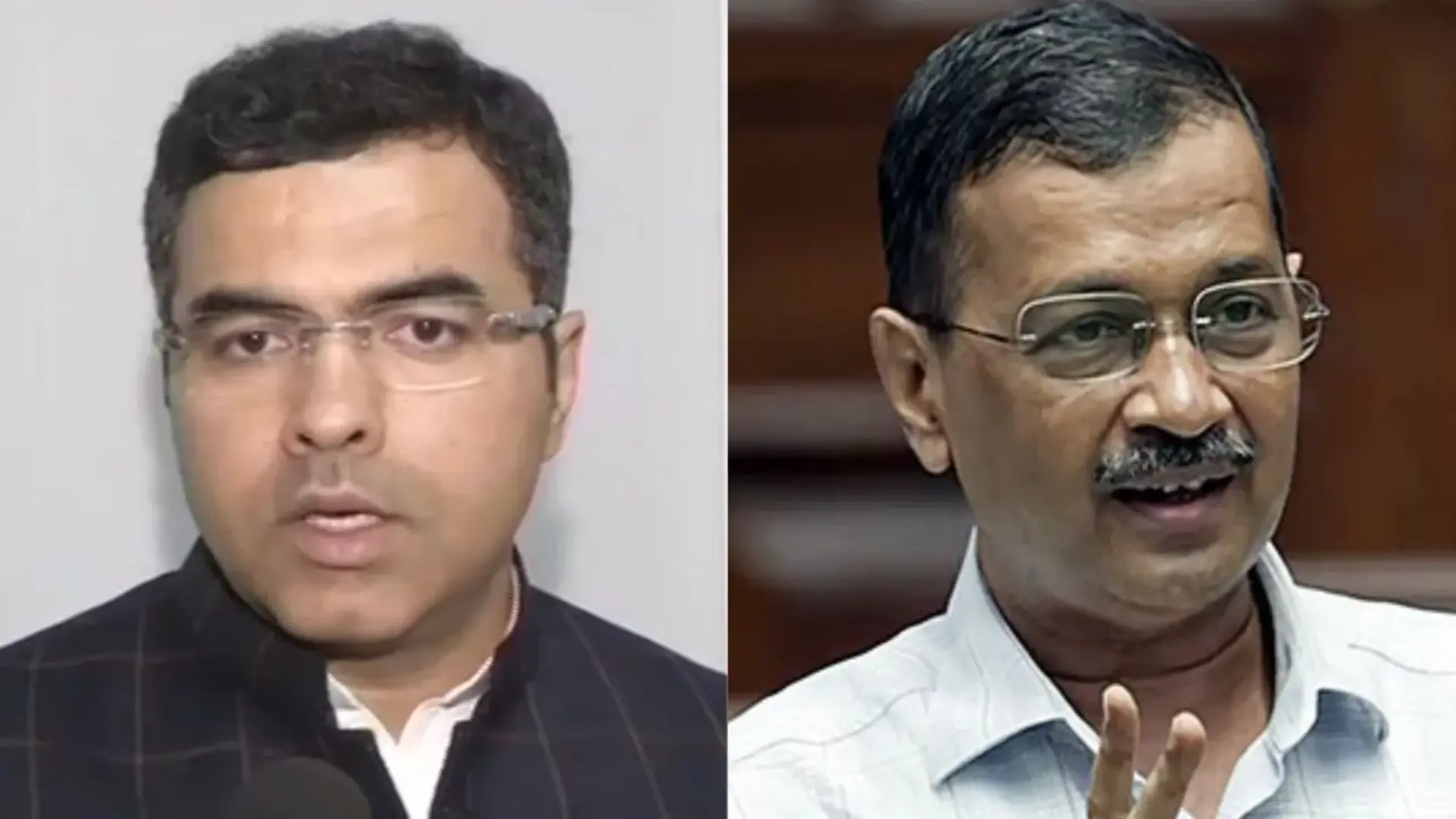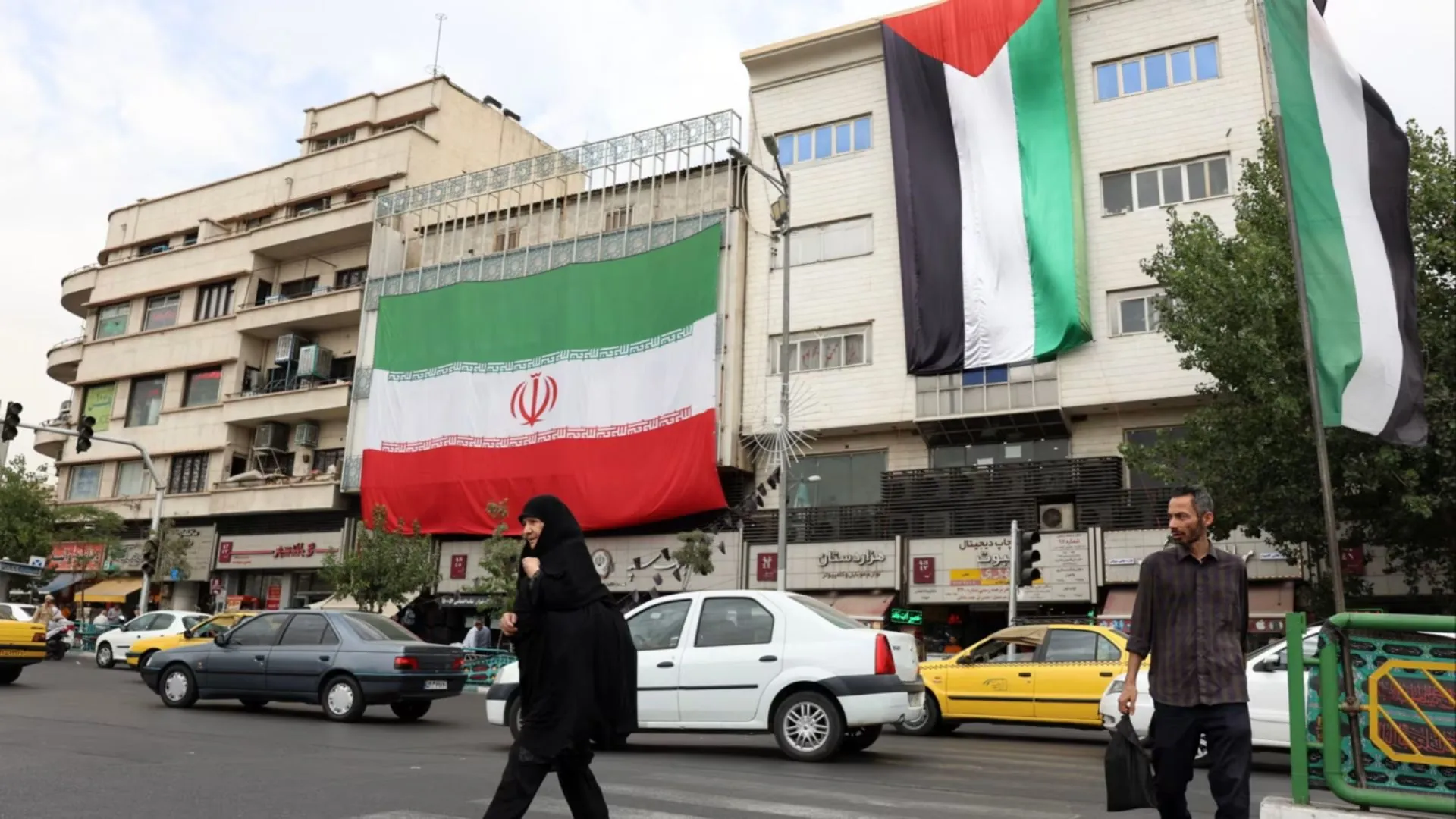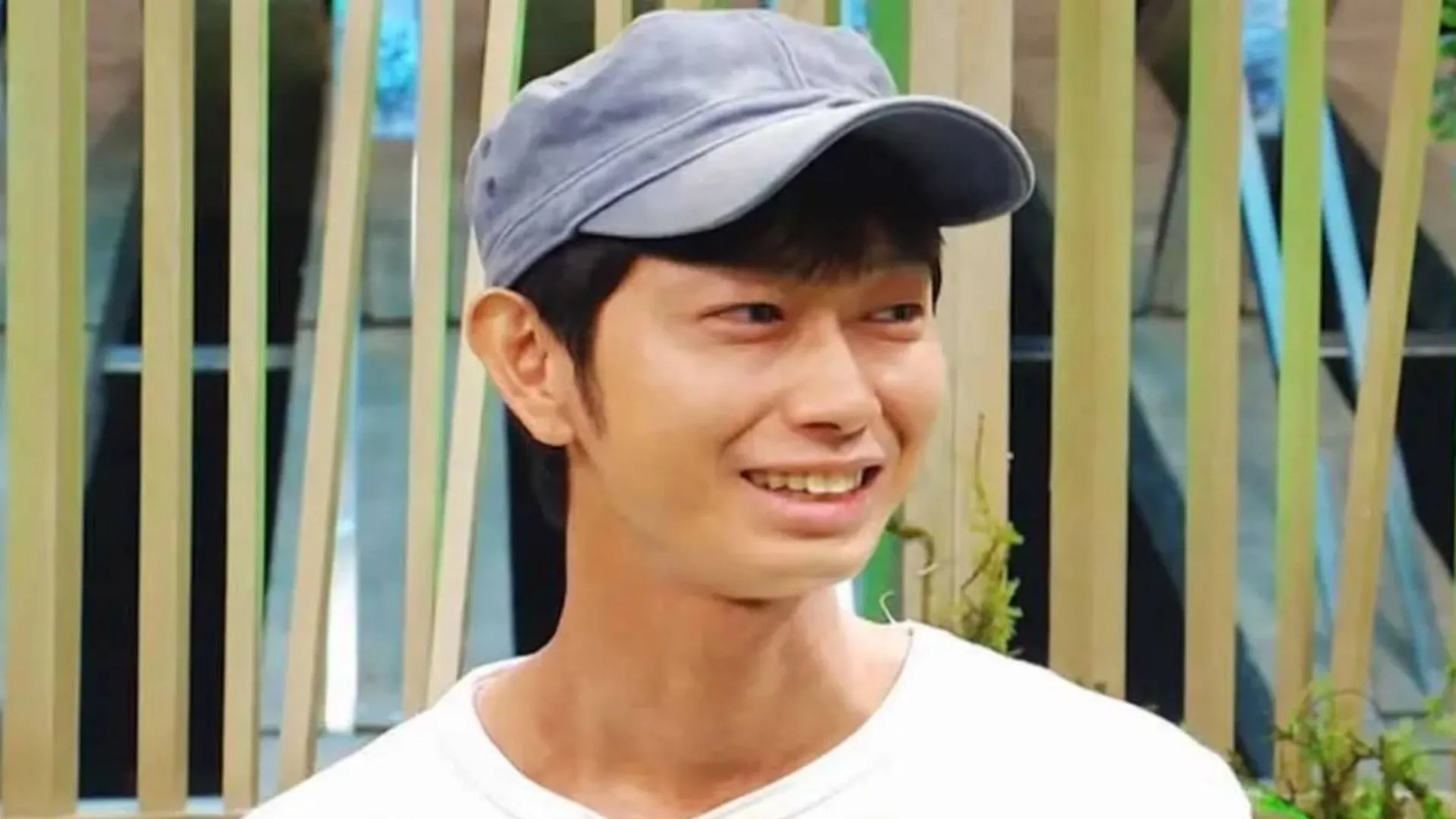The Central Bureau of Investigation (CBI) has approached the Division Bench of the Delhi High Court, challenging a single bench order issued on January 30, 2024. The order had stated that the proviso to Section 24 of the RTI Act allows for the disclosure of information regarding allegations of corruption and human rights violations. The CBI’s appeal seeks to overturn the single bench order, which held that the CBI is not exempt from the RTI and must provide information related to corruption and human rights violations upon request.
The bench, led by Acting Chief Justice Manmohan, issued a notice to the respondent, IFS officer Sanjeev Chaturvedi, in response to the appeal. The CBI argues in its appeal that the single judge’s judgment overlooks the legislative intent behind the RTI Act, which aims to balance the right to information with the need for certain organizations like the CBI to maintain secrecy for effective functioning.
The CBI contends that while the exemption under Section 24 of the RTI Act allows for intelligence and security organizations to operate independently, it does not extend to information regarding allegations of corruption and human rights violations. Mere allegations without supporting evidence do not warrant invoking the proviso of Section 24(1) of the RTI Act.
Furthermore, the CBI emphasizes that not every RTI applicant who mentions corruption or alleges human rights violations is entitled to information under Section 24(1) of the RTI Act. The burden of substantiating such allegations lies with the RTI applicant.
Previously, the CBI had challenged an order by the Central Information Commission (CIC) dated November 25, 2019. The order directed the CBI to provide certified copies of documents related to investigations into corruption complaints filed by Sanjeev Chaturvedi, Chief Vigilance Officer of AIIMS. Chaturvedi had sought information regarding corruption in the trauma center and surgery department of AIIMS, as well as investigations into property transactions.

